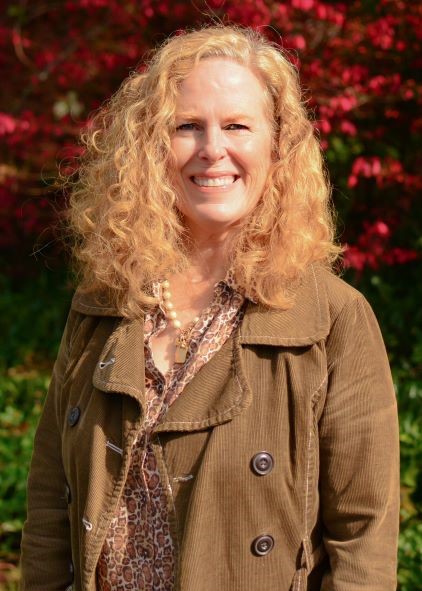There is a saying that you can’t give what you don’t have. Taking care of yourself and addressing your needs is a vital part of improving wellbeing, maintaining balance, and preventing burnout. Attending to your own sensory experience in the world is part of taking care of yourself.
Mindful Practice – The 5 Senses

This practice is a classic grounding exercise to help get us out of our heads and connected to our senses. I do this every day that I walk from my car to the door of my workplace.
Here are the steps to complete this exercise. You do not need to go through them in order and you do not need to adhere to the correlation of sense to number. Just move through your senses. Notice and count a few things of which you are aware.
- First, notice 5 things that you can see. Look around you and become aware of your environment. Try to pick out something that you don’t usually notice.
- Second, notice 4 things you can feel. Bring attention to the things that you’re currently feeling, such as the texture of your clothing or the smooth surface of the table you’re resting your hands on.
- Third, notice 3 things that you can hear. Listen for and notice things in the background that you don’t normally notice. It could be the birds chirping outside or an appliance humming in the next room.
- Fourth, notice 2 things you can smell. Bring attention to scents that you usually filter out, either pleasant or unpleasant. Catch a whiff of the pine trees outside or food cooking in the kitchen.
- Finally, notice 1 thing you can taste. Take a sip of a drink, chew gum, or notice the current taste in your mouth.
Extra Credit: Notice that you are Noticing. That’s where the real magic is.
REFLECTION QUESTION: Are you sensing that you are grounded or are you feeling unmoored or both? Where/when can you practice the 5 senses exercise to create a more grounded sense more often?

Lisa Wellington is a Certified Mindfulness Teacher who writes about integrative practices that downshift stress, increase insight, and jumpstart joy.
She is best known for her work with law enforcement professionals as well as those challenged by housing instability and addiction. Trained in the Fine Arts at Washington State University, she specializes in group training that engages participants’ inherent creativity.
If she is not under a stack of books about psychology and spirituality, she can be found at a Puget Sound beach or nearby trail, always searching for the absurd, which is her superpower.
Author: Lynnwood Times Staff













One Response